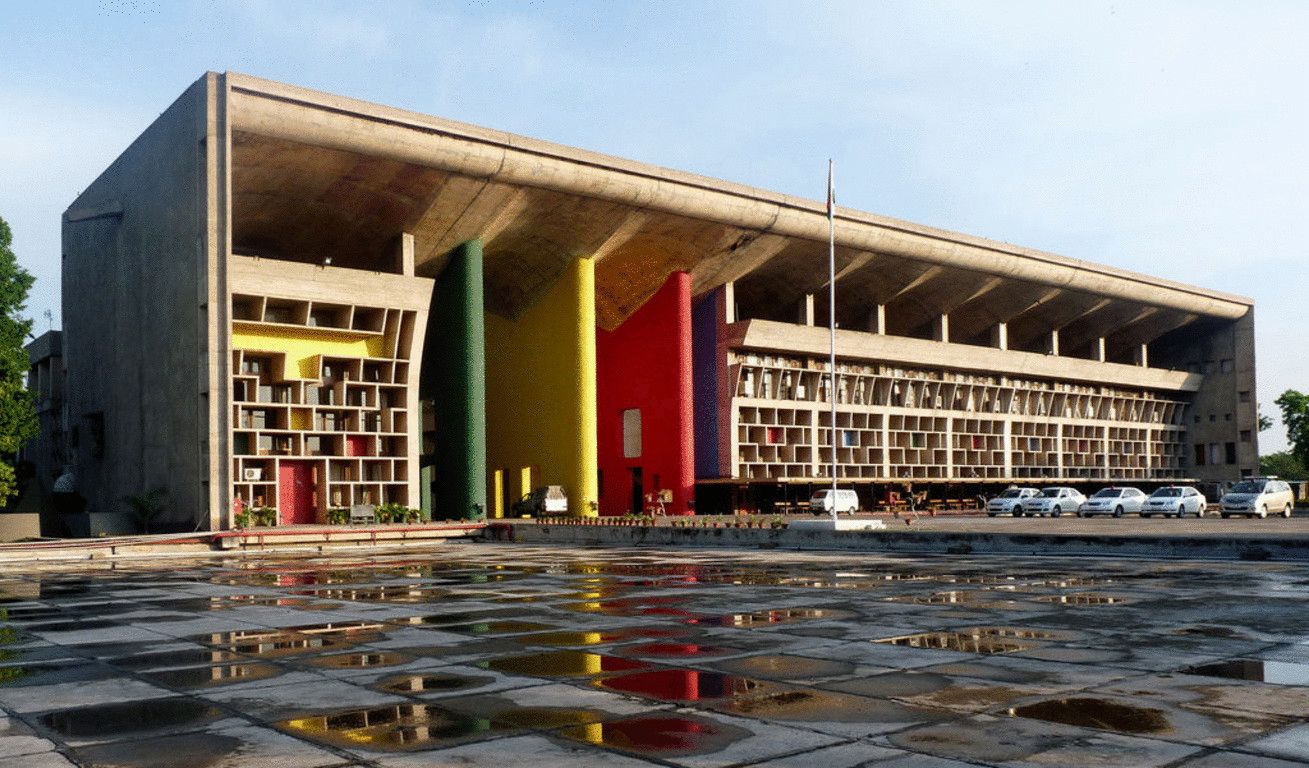Punjab & Haryana High Court Dismisses Appeal Over Ownership of Street in Narnaul — Holds Findings of Lower Court on Private Street Are Final

Case Name: Manohar Lal v. Tek Chand & Others
Date of Judgment: January 7, 2015
Citation: RSA No. 1528 of 1989
Bench: Hon’ble Mr. Justice Hemant Gupta
Held: The Punjab & Haryana High Court dismissed a second appeal filed by the defendant challenging the finding of the first appellate court, which held that the disputed street (“gali”) in Narnaul was not a public street but part of the plaintiffs’ private property. Justice Hemant Gupta ruled that no substantial question of law arose, as the findings of the lower appellate court were based on evidence and were neither perverse nor illegal. The Court clarified that under Order 41 Rule 33 of the Code of Civil Procedure, an appellate court has the power to modify or pass any decree that ought to have been made, even in the absence of a cross-objection.
Summary: The dispute concerned a three-foot-wide street adjoining the house of the plaintiffs in Mohalla Raoka, Narnaul. The plaintiffs, Tek Chand and others, sought an injunction restraining the defendants, including Manohar Lal, from constructing a latrine, opening ventilators, or discharging wastewater into the street, alleging it was part of their private land left for light, air, and access. The defendants countered that the street was common to all residents and used by the public.
The trial court partly allowed the plaintiffs’ suit, holding that the street was joint property but restraining the defendants from encroaching or constructing structures therein. However, the first appellate court modified the decree, finding that the street had been carved out from the exclusive property of the plaintiffs and was not a common or public passage.
In second appeal, the appellant contended that the first appellate court had exceeded its jurisdiction in modifying the decree without any cross-objection from the plaintiffs and that the street was public. Rejecting the argument, the High Court held that the appellate court’s power under Order 41 Rule 33 CPC permitted such modification when warranted by the evidence. The Court noted that no documentary or credible evidence had been produced to prove the street was public property. The mere assertion by the defendants was insufficient to overturn the factual findings of the lower courts.
Decision: The High Court dismissed the appeal, affirming the first appellate court’s judgment that the street was privately owned by the plaintiffs and that the defendants could not claim any public right over it. The ruling reiterates that factual findings based on evidence cannot be disturbed in second appeal unless they raise a substantial question of law.